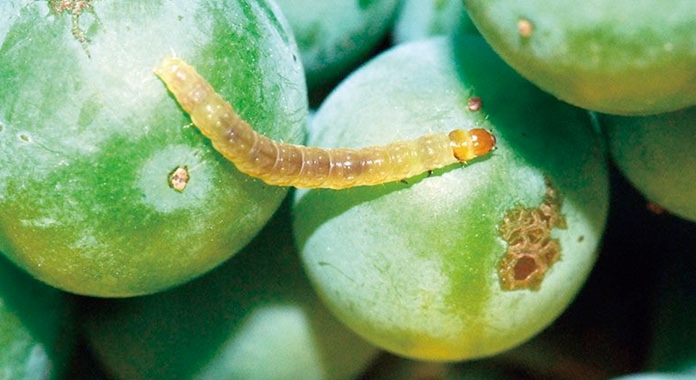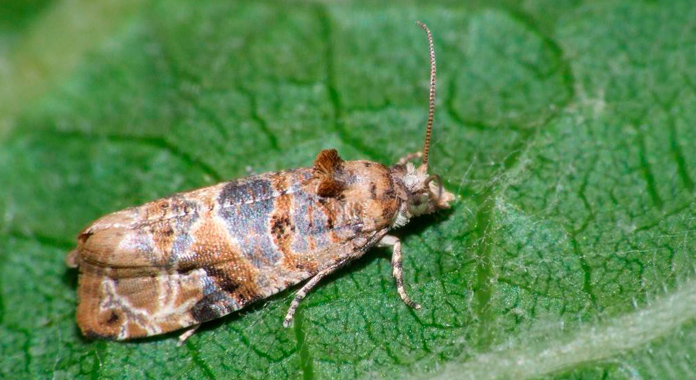Projects
Composition and resilience of desert plant communities
In collabortion with multiple researchers of the Center for Conservation Biology at UC Riverside, and under the direct supervision of Drs. Lynn Sweet and Darrell Jenerette, I am evaluating the current and future distribution of desert plant communities in the Coachella Valley and neighboring areas in southern California under several scenarios of future climate change. The main aims of this project are to 1) identify current hotspots of carbon production storage, 2) identify biological interactions among sympatric species, and 3) predict changes in the community composition of desert plants in the lower sections of the Coachella Valley. Furthermore, this project offers a strong focus on conservation outreach to local communities.
Climatic suitability for invasive moths in the US West Coast
In collaboration with Dr. Matt Daugherty (UC Riverside) and USDA-APHIS I investigated the prospective invasion dynamics of a pest complex, using the European grapevine moth Figure 1 (EGVM, Lobesia botrana) and related Tortricid and Pyralidae moth pests of grapevines as a focal system. The goal of the project is to refine ongoing surveillance programs and guide regulatory response in the event that one or more of these invasive moths are introduced into the Western US. My research activities include a combination of species distribution modeling, network analysis of invasion pathways and regional patterns of spread, and simulation modeling of trapping network efficacy


Environmental refugia exclude reservoir species
In collaboration with Dr. Catherine L. Searle at Purdue University, I am evaluating the hypothesis that environmental refugia exist for susceptible species under conditions that exclude reservoir species. For this, I am using the amphibian host-chytrid pathogen as the study system.
Diversity and conservation status of treefrogs in Costa Rica
In a collaborative effort between researchers at Purdue University and the University of Costa Rica, we described the status of 48 known species of treefrogs in Costa Rica and updated the range of several species that have been re-observed more frequently in the last two decades.
Conservation of robber frogs in Mesoamerica
With the collaboration of numerous researchers from Latin America and the US, I quantified the environmental threats that affect robber frogs, one of the groups most affected by the amphibian declines that occurred throughout Mesoamerica during the 1980s and 1990s.
Dynamics of an amphibian pathogen in Costa Rica
I evaluated the disease dynamics of the chytrid fungus Batrachichytrium dendrobatidis in Costa Rica across altitudinal and latitudinal gradients. I also quantified the geographic expansion of this pathogen from epizootic dynamics to enzootic dynamics.